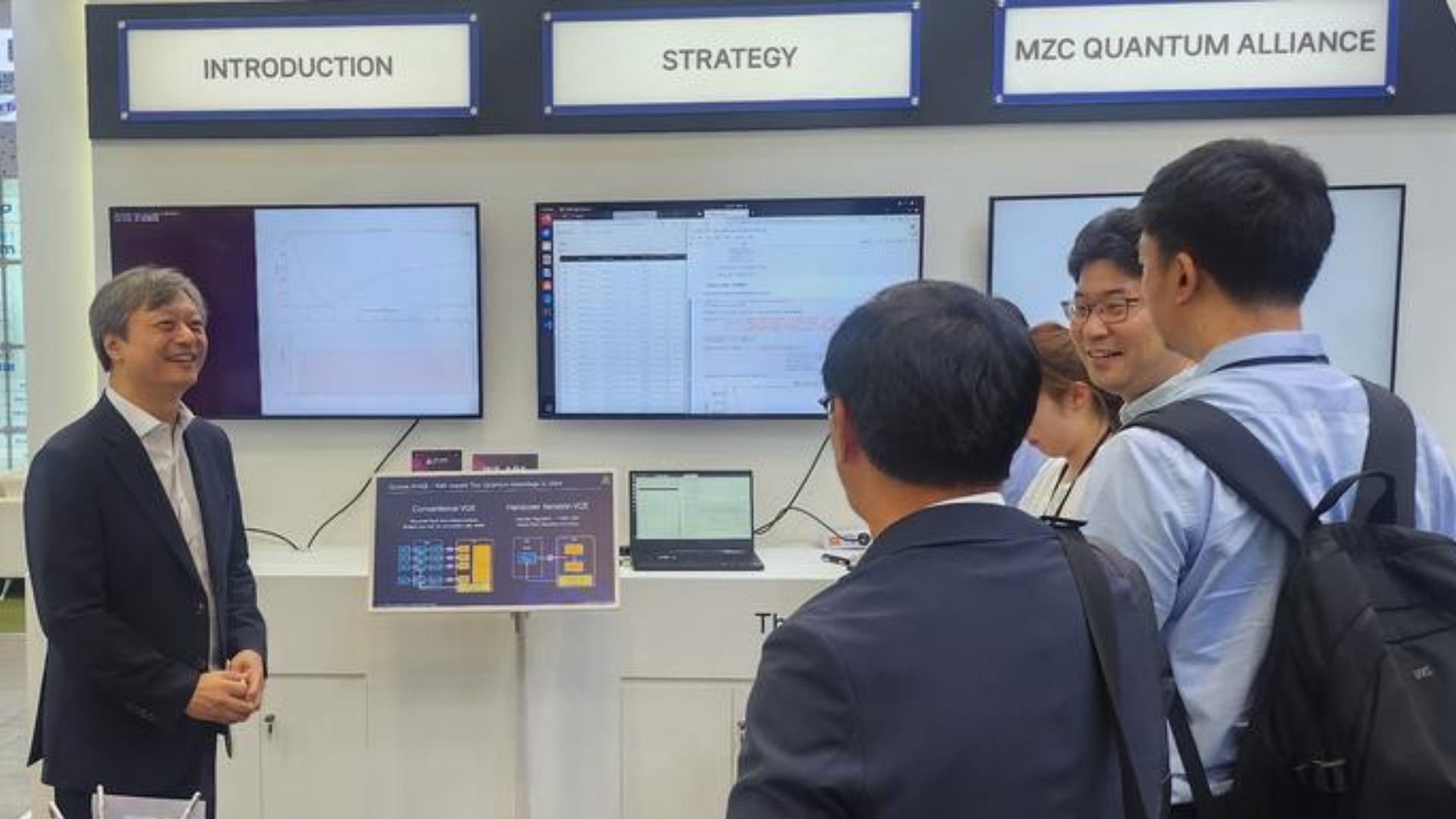Qunova Computing, a Daejeon-based, South Korean quantum computing company, is the first to achieve ‘chemical accuracy’ on a quantum computing device using its well-known platform.
‘Chemical precision’ is the starting point 1.6 millihartrees below, which is based on quantum computer platforms that should be considered solutions for real chemistry applications.
Quantum computing, the next generation of computer technology, promises to revolutionize the speed of computing and help us solve problems, from creating new drugs to improving performance.
Quantum computing technology uses quantum bits or qubits to perform calculations, and companies are building computers with fewer qubits to test how the calculations work.
Errors accumulate easily in the quantum computers built so far, experts call this phase Noisy Intermediate Scale Quantum (NISQ). However, Qunova’s algorithm, called HiQVE, aims to make these supercomputers universally applicable by improving their accuracy.
“We’re starting to see more industrial users who want to use the Qunova algorithm on NISQ machines to review their previous work and try to use NISQ machines on larger problems,” said Kevin Rhee, founder and CEO of Qunova Computing. discussion with Engineering interest (ie).
Achieving ‘Chemical Accuracy’
At the Quantum Korea 2024 Event, Qunova demonstrated the accuracy of the treatment on several types of computers, regardless of their platform technology.
In the first demonstration, Qunova used an IQM 20-qubit machine and demonstrated its algorithm for making energy estimates for three different types of Lithium Sulfide (Li2S) live at the event.
Prior to this, Qunova achieved an accuracy of 0.1 millihartrees using IBM’s Quantum Eagle processor, which uses 24 qubits. The company also achieved similar accuracy using the IBEX Q1 quantum computer, which uses 20 qubits and is built by Alpine Quantum Technologies (AQT ), from the European Union.
IQM and IBM use transmon superconducting architecture, while AQT uses trapped ions in its computing platform. This also shows that the Qunova algorithm is platform agnostic.
“Quantum’s algorithms are platform agnostic as performance is affected by quantum noise that may be unique to other platforms. HiVQE is designed to not use information related to quantum noise,” explained Rhee in an email.

How does the Qunova algorithm work?
Simulations used in conventional computers use Variational Quantum Eigensolvers (VQEs) to perform complex calculations. However, this method can be extended and achieve the accuracy of calculations on quantum computers.
Qunova’s innovation lies in the use of a simpler version of VQE, called Handover Iteration VQE or HiQVE.
“An analogy to explain this is if our algorithm takes what happened, ignoring how many times it happened,” Rhee added in an email to IE. “The amount of noise often changes the frequency of the event, so Qunova is using data that has not been updated.”
His approach focuses on avoiding errors in quantum computations and subtracting “Pauli term values,” which are often used to measure the spin of qubits in different bands.
This allowed the team to extract only the necessary data related to the orbitals of each qubit, which was fed into an old computer to calculate the results quickly and with a high degree of accuracy.
Overall, the calculations were 1,000x better. “This is a very exciting result for our team, and for the general computing community,” Rhee said in a press release.
“These results show that we can meet the needs of industrial users on existing NISQ systems. We hope that performing similar demonstrations on NISQ systems with as few as 40-qubits will provide more opportunities for industrial users.”
The team will spend the next few months demonstrating this.
#Korean #company #begun #achieve #chemical #accuracy #quantum #computing